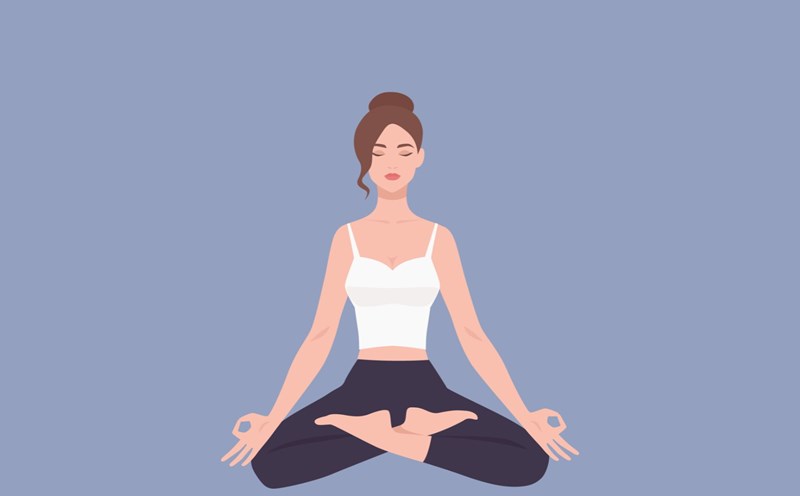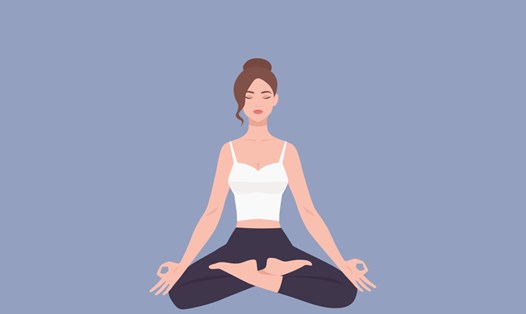According to Dr. Sandeep Joshi, a sleep and endocrinologist at Fortis Hospital in Guranaon (India), poor sleep not only affects your health but also your cravings. Lack of sleep increases hunger and cravings, especially in the evening. The imbalance between ghrelin hormones (hormone stimulates hunger) and leptin (hormone creates a feeling of fullness) when you lack sleep, making you crave more and difficult to control.
The effects of poor sleep on appetite
Dr. Sandeep Joshi said that lack of sleep increases the hormone ghrelin and reduces leptin hormone, making you feel hungrier and difficult to feel full. This explains why people who lack sleep tend to eat more snacks and have difficulty controlling their appetite, especially at night.
An imbalance with blood sugar
When sleeping, blood sugar may increase or decrease suddenly, leading to hunger in the middle of the night. Snacking at night or consuming a lot of carbohydrates before sleep can cause blood sugar fluctuations, leading to cravings the next morning.
Poor sleep increases hunger in the evening
Research shows that lack of sleep increases the concentration of 2-MAG (lipid hunger) in the afternoon and evening, making you feel more hungry and easy to crave for small-nutritious snacks. When sleep is not enough, the body will be difficult to adjust the appetite.
The hunger and circadian rhythm
The body's circadian rhythm also affects cravings. When your sleep is disrupted, your hunger will be disrupted. This leads to hunger appearing at inappropriate times, such as mid-night.
How to minimize cravings after poor sleep?
Balanced nutrition: Eat meals rich in protein, fiber and healthy fats to keep you full longer.
Drink water fully: Make sure your body doesn't lose water, as dehydration can cause confusion between feeling thirsty and hungry.
Schedule your meals: Avoid eating late at night and make sure you eat dinner at least 2-3 hours before going to bed.
Adjust exercise habits: If you exercise at night, consider adjusting the exercise time so as not to interrupt sleep.
Sleep quality: Prioritize getting enough sleep (at least 7 hours) per night to help regulate hormones and keep cravings stable.
If you wake up frequently from hunger or have cravings at night, this can be a sign of a serious health problem. Consult your doctor if this persists and affects your health or quality of life.











